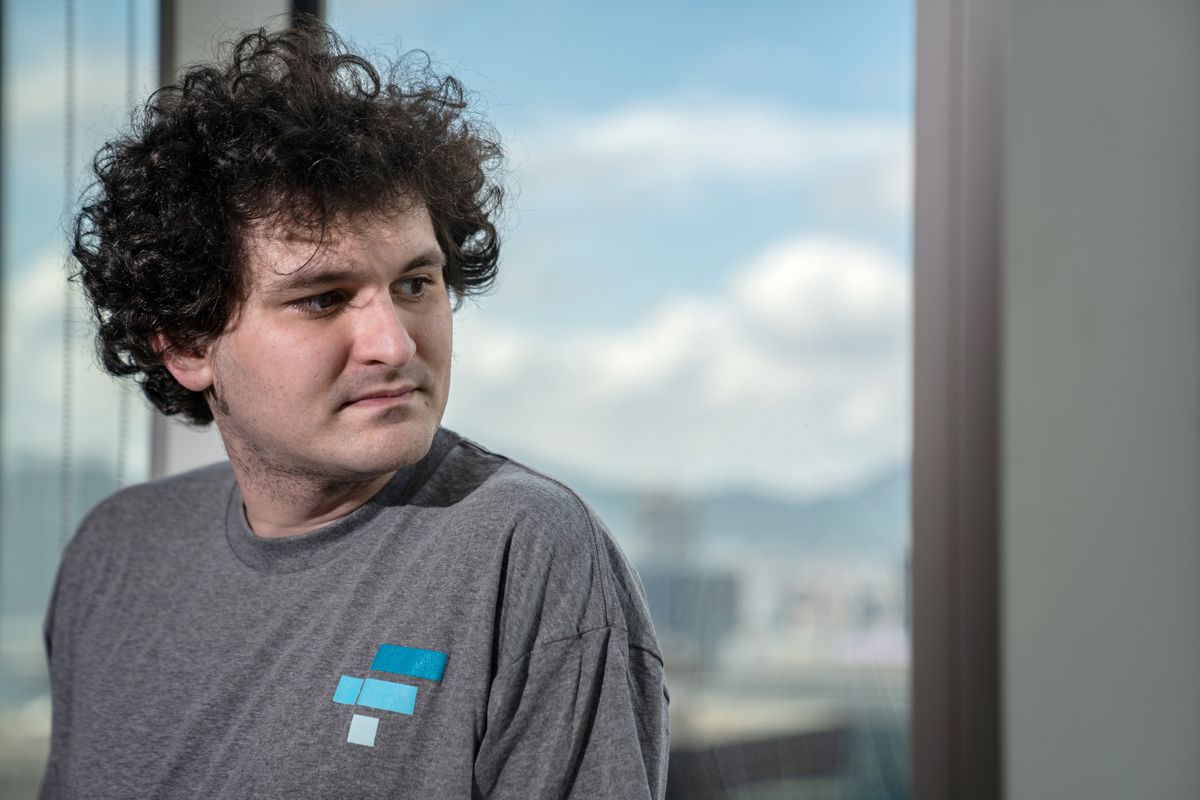Former FTX CEO Sam Bankman-Fried’s request for release from detention to aid trial preparation was declined by Judge Lewis Kaplan of the Southern District of New York. Bankman-Fried’s defense team emphasized the need for efficient time utilization in readying his defense. Concerns arose regarding the receipt and review of government documents, prompting discussions on possible trial postponement. The focus shifted to conditions at the detention center, including laptop battery life and internet access. Bankman-Fried’s attorneys filed a motion for ‘temporary release’ or frequent meetings to address trial preparation challenges caused by jail conditions.
A Judge Declines Defense Counsel’s Motion for the Release of Former FTX CEO Sam Bankman-Fried, Citing Ongoing Trial Preparations
During a convened hearing, a legal plea by defense attorneys to secure the release of Sam Bankman-Fried, the former CEO of FTX under scrutiny, was denied by the presiding Judge. The defense team had urged for his temporary release, underscoring the imperative to optimize his time for the meticulous preparation of his legal defense strategy.
Christian Everdell, a member of Bankman-Fried’s legal counsel, was quoted by CoinDesk as highlighting the practical constraints encountered during the preparation phase: “It is an undeniable reality that our client’s time has not been utilized as effectively as warranted. We have reached a juncture where his release is imperative.”
However, Judge Lewis Kaplan, presiding over proceedings within the Southern District of New York, ultimately declined the motion for release during the most recent court session. Instead, he directed both opposing parties to submit comprehensive briefs no later than the upcoming Tuesday, offering an in-depth evaluation of the prevailing conditions within the detention center. Subsequent to this assessment, a determination on the viability of a potential temporary release would be reached.
Sam Bankman-Fried, facing charges including attempted witness tampering, had been remanded to the Metropolitan Detention Center in New York City, subsequent to the revocation of his initial bail arrangement.
Preceding this, the former head of the exchange had resided at his parents’ residence in California under a bail of $250 million.
The Defense Expresses Concerns Regarding the Extensive Government Documents The defense team also voiced apprehensions concerning the timing of the delivery of a substantial volume of discovery documents from the government. They highlighted that Bankman-Fried, due to his confinement, was unable to comprehensively review the material.
Judge Kaplan declined their petition to exclude documents generated post-July 1, suggesting that in case more time is required for proper review, they could seek an adjournment of the trial.
Focus of the Hearing on Detention Conditions The discourse during the hearing centered around the prevailing conditions at the detention facility, encompassing aspects such as the operational longevity of Bankman-Fried’s laptop battery and his access to the internet.
The prosecution claimed to be diligently working to address these concerns, though the defense contested the adequacy of the proposed solutions.
In the preceding week, Bankman-Fried’s legal representatives lodged a fresh motion, seeking his “temporary release.” Alternatively, they proposed that he be granted the opportunity to confer with his defense team five days a week, in line with his entitlement to actively participate in devising his defense strategy.
According to the legal team, the challenges faced by their client within the confines of the Brooklyn detention facility are hindering his ability to effectively prepare for the impending trial.





















































